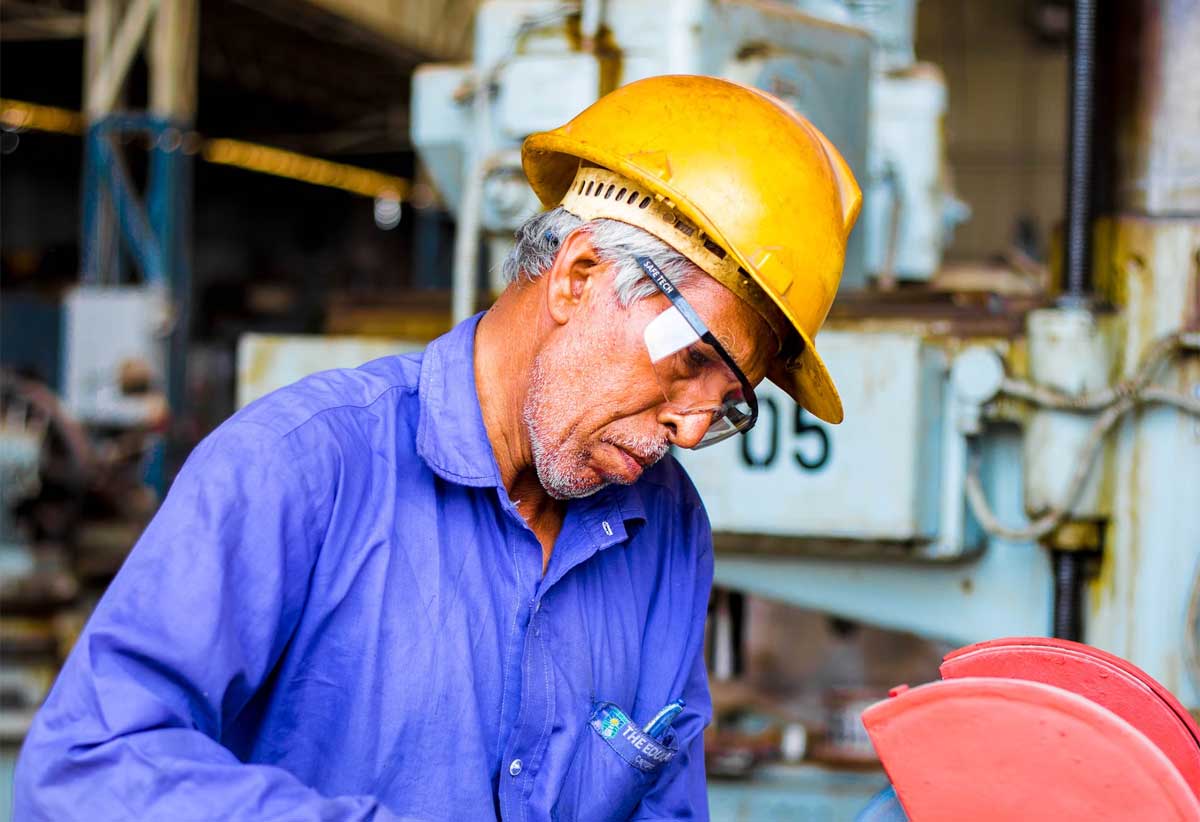
(ILO News) – Latin America and the Caribbean have seen a significant recovery in employment following the COVID-19 pandemic, but the region’s labour markets face a complex and uncertain future that could be marked in 2022 by rising unemployment, informality and increasing numbers of the working poor, the International Labour Organization (ILO) said today.
Low economic growth, high inflation and a global crisis aggravated by Russia’s aggression against Ukraine, have affected both the quantity and quality of jobs generated in the region and could prolong the impact of the pandemic crisis on labour markets.
“The creation of formal employment is the key to addressing a scenario in which there is lower economic dynamism and loss of purchasing power,” said Claudia Coenjaerts, acting ILO Regional Director for Latin America and the Caribbean. She was presenting the latest ILO report of the Labour Overview series, Weak growth and the global crisis are holding back the recovery of the employment in Latin America and the Caribbean.
Data from the first quarter of 2022 show an average unemployment rate in the region of 7.9 per cent, an employment rate of 57.2 per cent, and a labour force participation rate of 62.1 per cent. These are almost the same levels as in the first quarter of 2019.
“The recovery in regional rates is positive news after the devastating impact of COVID-19,” Coenjaerts said. However, she warned that “greater informality and an increase in the number of working poor are shaping up to be major challenges for Latin American and Caribbean labour markets in 2022.”
“The creation of formal employment is the key to addressing a scenario in which there is lower economic dynamism and loss of purchasing power.”
In 10 of 14 countries where data is available, the employment rate in the first quarter of 2022 had not yet recovered the values recorded in the same period of 2019. The labour force participation rate in only three countries recovered to the levels of the first quarter of 2019.
“One out of every two employed people remain in informal conditions in the region. These are unstable jobs, generally with low incomes, without protection or labour rights,” explained ILO Regional Office labour economist and author of the report, Roxana Maurizio.
The economic difficulties could lead to an increase in informality, according to the ILO analysis.
Another factor of concern is high inflation, which has a significant impact on labour markets. Prices began to increase in 2021. The war in Ukraine has affected the availability of food and energy, among other factors, and this directly affects the level of real labour income, warns the ILO.
“The loss of purchasing power is what gives rise to the so-called ‘working poor phenomenon’ which means that people can live in poverty even if they have a job, even a formal job,” Maurizio said. “While this is not new in a region with high informality, its incidence can rise significantly.”
Faced with this scenario, countries in the region should focus on promoting the creation of more formal jobs, in coordination with active policies, vocational training and sectoral policies, the report says. Advocating for the minimum wage and collective bargaining, within a framework of social dialogue is also essential.
“In crisis scenarios, social dialogue between governments, employers and workers makes it possible to adopt and implement policies that respond to the challenges of the real economy with greater chances of success,” said Claudia Coenjaerts.













